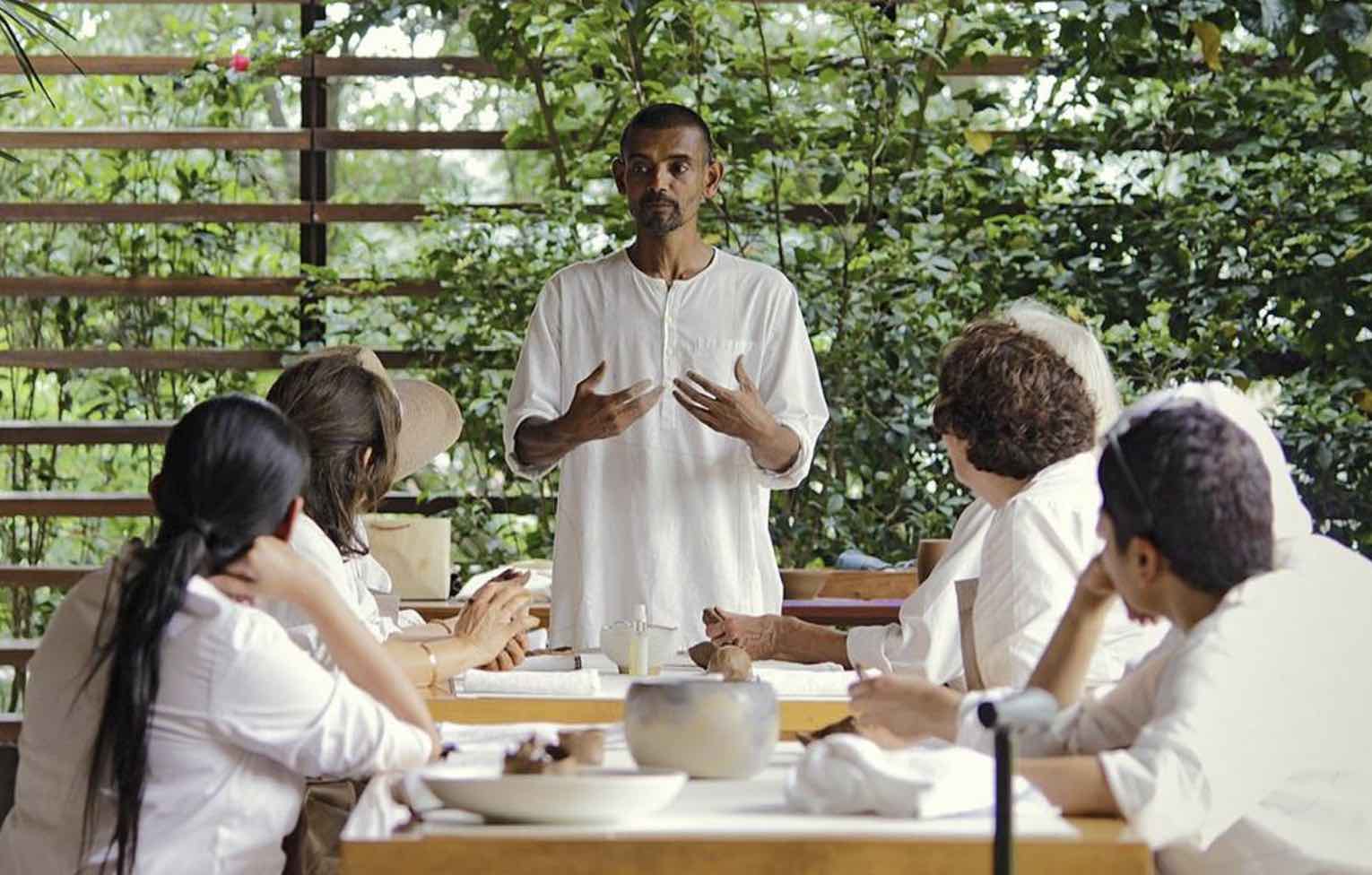Overcoming addiction is a monumental step that requires strength, patience, and unwavering resolve. For many, this victory marks the beginning of a new chapter, ripe with opportunities for growth, healing, and self-discovery. The road to recovery is not just about managing cravings, it’s about rebuilding a life worth living free from the shackles of substance abuse. In this article, we explore the multifaceted journey of piecing back together your life post-addiction, delving into emotional healing, relationship repairs, habit creation, and finding supportive communities. Keep reading to learn how to navigate this transformative period successfully.
Finding Support and Community: Navigating Resources for Life After Addiction
The journey to recovery is deeply personal, yet no one should have to walk it alone. Finding a supportive community can provide encouragement, understanding, and a powerful sense of belonging that bolsters your sobriety.
Support groups such as Alcoholics Anonymous or Narcotics Anonymous offer a venue for sharing experiences and learning from others who have faced similar challenges. Additionally, seeking a mentor or sponsor who has successfully navigated the path of recovery can be an invaluable source of guidance.
For those requiring a more intensive level of care, facilities like a luxury rehab in California provide not only a safe space to detox but also a structured environment for early recovery, equipped with professional support and therapeutic programs.
Finally, exploring non-traditional support avenues such as online forums or local community events focused on sober living can supplement formal support systems and enrich your life with new, fulfilling relationships and activities.
Establishing New Habits: Daily Practices for a Sustainable Sober Life
Replacing old, destructive habits with new, constructive ones is vital for a sober lifestyle. Incorporating a routine can provide structure and purpose, critical elements often lacking during the throes of addiction.
Regular exercise, a balanced diet, and adequate sleep are cornerstones of physical health that also enhance mental well-being. These daily practices play a significant role in preventing relapse by creating a stable, healthy environment for your mind and body.
Learning new skills or resuming education can also be part of your new routine. Working towards an MLS degree, for example, could provide a sense of direction and goals for the future.
Healing Emotional Wounds: The Path To Emotional Recovery After Addiction
The scars left by addiction aren’t just physical; they are emotional and psychological as well. Acknowledging and addressing these wounds are critical to prevent relapse and promote lasting sobriety. Engaging in therapy, whether individual or group-based, can be instrumental in unpacking complex emotions tied to addiction.
Healing emotionally might also involve revisiting past traumas and working through feelings of guilt or shame. This process of self-examination and forgiveness is not easy, but it’s an essential component of durable recovery. With each emotional hurdle crossed, you find more strength and clarity.
Additionally, incorporating mindfulness practices like meditation and yoga can help in understanding and regulating emotions. These self-soothing techniques can reduce stress and anxiety, which are common triggers for relapse.
Rebuilding Relationships After Addiction: Letting Go and Moving Forward
Addiction often leads to strained or broken relationships, and part of the healing process involves mending these ties. It starts with an honest conversation where you take accountability for past actions and express a genuine commitment to change.
Forgiveness plays a key role here, but it’s important to understand that it might not come immediately, or at all. Regardless, extending compassion to yourself and others, and engaging in restorative relationships is a step toward emotional liberation.
Rebuilding may also mean letting go of certain relationships, especially if they’re detrimental to your sobriety. Surrounding yourself with individuals who support your recovery efforts is fundamental to maintaining a drug-free life.
Overall, rebuilding life after addiction is a multifaceted endeavor that takes effort and dedication. With every intentional step towards creating new habits, mending relationships, healing emotional wounds, and engaging in supportive communities, you cement the foundations for a sustainable, joyous, and sober life. The road is long and sometimes arduous, but the destination; a life reclaimed and rebuilt on your terms is undoubtedly worth it.







